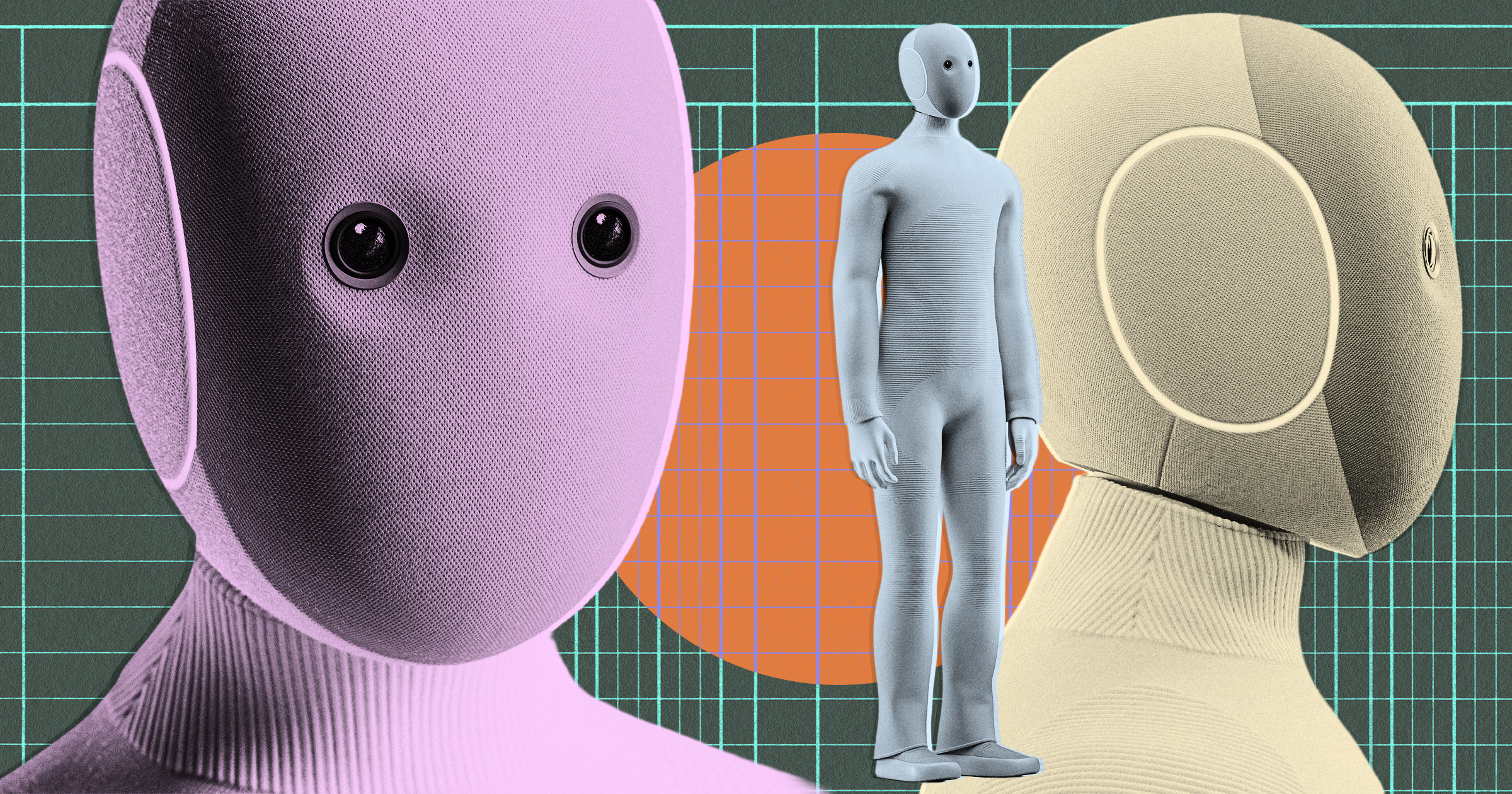A new robot servant, named NEO, is set to hit the market in 2026, but it comes with a significant limitation. This bipedal machine, developed by the Palo Alto-based startup 1X, requires human supervision for its operations. Priced at $20,000, the NEO is currently in the preorder phase, generating interest among tech enthusiasts despite its lack of autonomy.
Standing at five feet six inches and weighing 66 pounds, the NEO features a fabric covering and is available in various earthy tones such as tan, gray, and dark brown. Interested customers can reserve their unit with a $200 deposit, followed by a subscription fee of $499 per month or a one-time payment for ownership.
The concept of NEO originates from Bernt Børnich, the founder and CEO of 1X. Børnich aims to diverge from the “hard, dark, sci-fi future” often depicted in robotics. Instead, he envisions a more approachable robot that still relies heavily on remote human operators. According to reports from Fast Company, users will control NEO through an app, allowing them to schedule tasks for the robot to complete. This means that owners will be sharing their home environment with remote operators who navigate the robot’s tasks.
In an interview with the Wall Street Journal, Børnich stated, “If we don’t have your data, we can’t make the product better.” This highlights a crucial aspect of NEO’s functionality: the robot will gather data from the user’s home to improve its artificial intelligence over time. While this data-driven approach aims to enhance its autonomous capabilities, the current reliance on human input underscores the challenges faced in the field of robotics.
Despite the excitement surrounding NEO, its limitations serve as a reminder that fully autonomous household robots remain a distant goal. As pointed out by technology and business journalist Michael Hiltzik, even the most advanced humanoid robots struggle with basic household tasks like navigating living spaces or safely handling fragile items.
Current projects in humanoid robotics, including NEO and Tesla’s Optimus, often prioritize attracting investment and media attention over practical consumer applications. The rapid advancement seen in industrial robotics, particularly in countries like China, contrasts sharply with the slower evolution of humanoid technology. As it stands, for those looking to manage household chores, relying on human help remains the most effective solution.
As the market awaits the arrival of NEO, its hybrid model of human and robotic interaction raises questions about the future of household automation and the role of technology in daily life.
